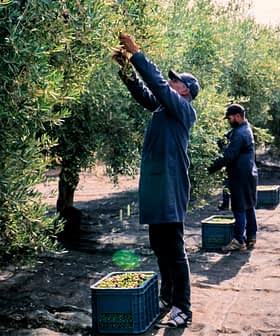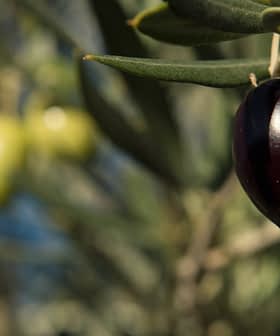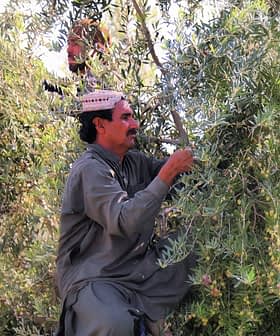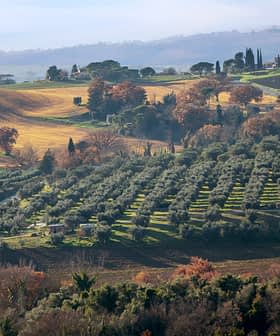In Turkey, Study Recommends Investments in Olive Farms Instead of Coal Mines
Expanding the olive oil sector of Turkey's olive-growing capital is a cost-effective and climate-friendly solution that would boost the local economy, a report suggests.
 Mining in Turkey
Mining in Turkey A recent report by Climate Action Network Europe and other organizations suggests that expanding the olive oil sector in Turkey’s Milas district is a better economic alternative than coal mining, as it requires fewer financial resources and aligns with the country’s climate goals. The report highlights the potential for job creation and increased income for local producers by investing in olive production, emphasizing the importance of protecting olive groves for the future of the region.
In the wake of the recent regulation in Turkey opening olive groves to coal mining activities, a new report focused on the country’s Milas district found that the expansion of the olive oil sector represents a better alternative to mining for the local economy.
The report, released by the Climate Action Network Europe (CAN Europe), 350 Turkey and the Milas city council, also claims that an olive-based development of Milas requires only a fraction of the financial resources absorbed for the operation of the energy-producing facilities of the area.
If we want a local economy that will honor the culture of Milas; that will activate the gastro-tourism potential of the region; that will protect the natural ecosystems, we should protect the (olive) tree at all costs.
“Unfortunately, for the last 40 years, Milas has been poisoned by the two coal power plants, and the coal mining activities have destroyed its livelihoods,” Efe Baysal, a campaigner at 350.org, an international environmental organization, told Olive Oil Times.
“The report shows it is possible to develop the local economy without relying on polluters and signifies investing in olive production can be accelerated by the state subsidies granted to the two coal power plants in Milas over the course of just one year,” he added.
See Also:Best Olive Oils From TurkeyThe report stated that the expansion of Milas’ olive oil sector would also go hand-in-hand with Turkey’s climate targets.
“This study shows that a 2053 net-zero compatible regional transformation for Milas is possible and realistic by revealing the potential of the olive sector alone in Milas,” Özlem Katısöz, the coordinator of climate and energy policies for Turkey at CAN Europe, told Olive Oil Times.
The region of Milas, situated in the southwestern province of Muğla, has long been known for its production of olives and Milas olive oil is currently the only one in Turkey with Protected Designation of Origin status from the European Union.
According to the report, 20,000 tons of olives out of the 100,000 tons Milas yields each year are left unprocessed due to inadequate olive oil-producing infrastructure. As a result, they are exported from the region without contributing to the local economy.
Instead of exporting the olives, the report suggested, building new facilities to produce more olive oil and manufacture table olives would benefit the region by creating 685 new job positions and boosting the income of local producers.
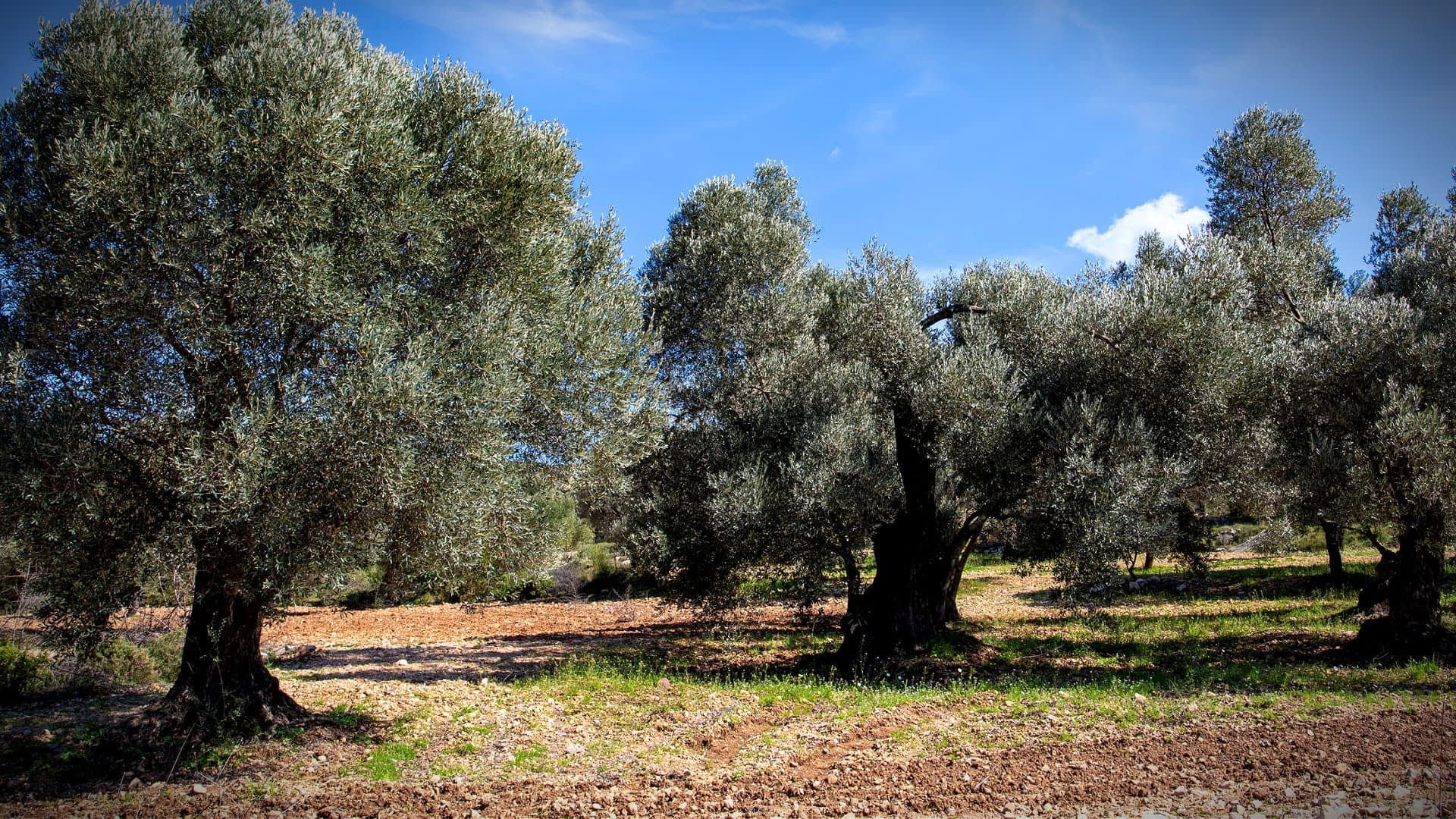
Izmir, Turkey
“If the necessary promotion and certification processes are implemented, the value of olive oil may increase from €400,000 to €5.7 million at 2021 prices,” Baysal said.
However, the area also possesses a rich lignite reserve. By introducing the new mining regulation, the Turkish government plans to strengthen the country’s energy security amid high global energy prices and turbulent supply.
The regulation allows olive trees to be removed to facilitate mining operations where necessary. However, it also stipulates that uprooted olive trees must be replanted elsewhere in the country.
The first 30 olive trees were uprooted in Milas in late March to clear the way for coal amid outrage from the locals.
However, a ruling by the Turkish Council of State, the highest-ranking administrative court of the country, has temporarily halted all mining operations pursuant to the new regulation over concerns of violating the country’s legislation pertaining to olive growing.
“If we want to build a future for Milas, olive groves must not be destroyed for the sake of the coal mine,” said Katısöz.
350.org has also released a 15-minute documentary telling the story of the Milas olive sector and the controversy sparked by the new regulation.
“For 4,000 years, the people of Milas have been cultivating the olive,” Baysal said. ”Today, Milas is accepted as the capital of olives and olive oil in Turkey. Even further, as our report indicates, the olive tree has a great potential to strengthen the local economy of Milas.”
“These all show the olive tree is the past, the present, and the future of Milas,” he concluded. ”If we want a local economy that will honor the culture of Milas; that will activate the gastro-tourism potential of the region; that will protect the natural ecosystems, we should protect the eternal tree at all costs.”
Share this article




